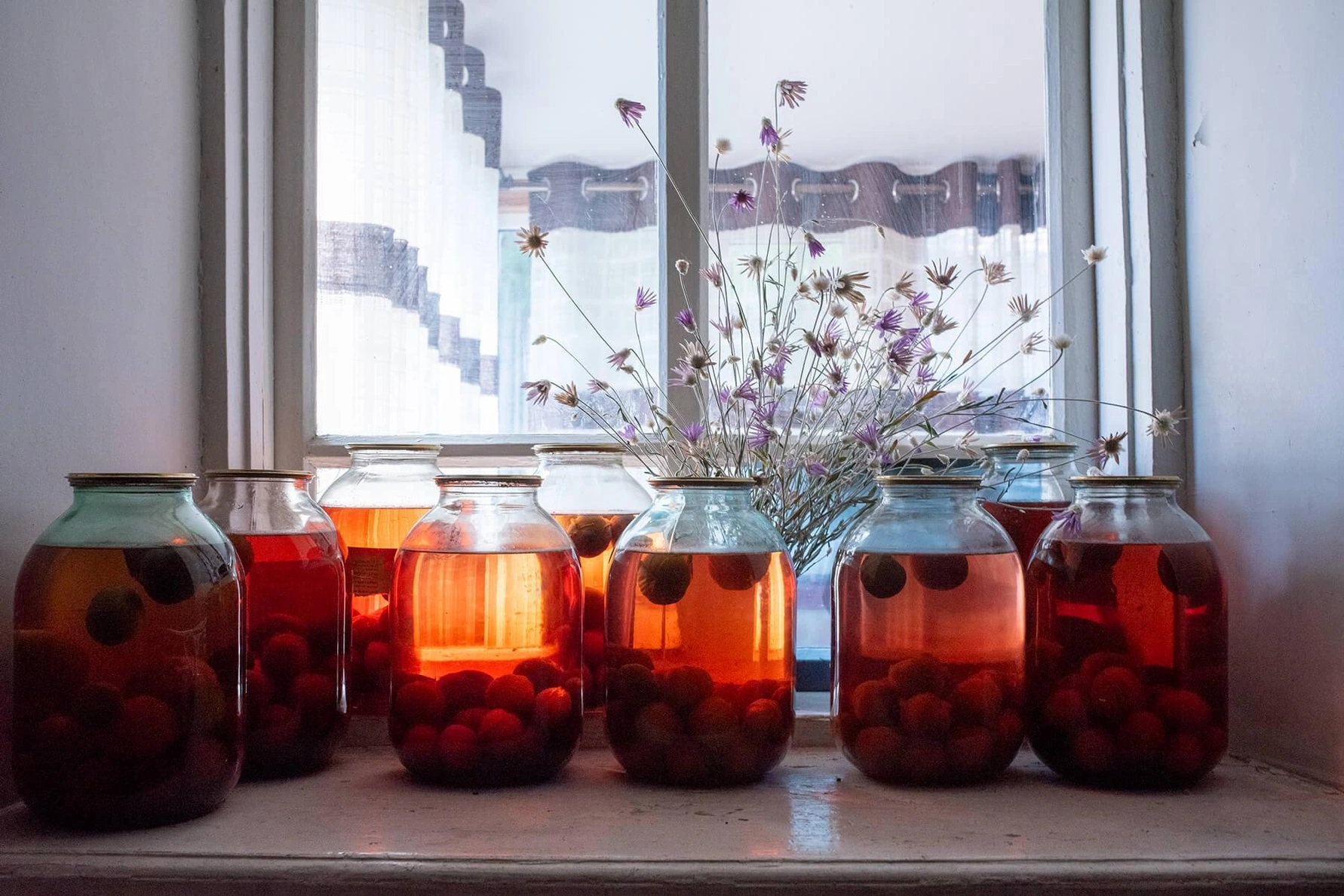Italiano
Come fa un villaggio tedesco ad arrivare in Kirghizistan?
Prima dell’autunno del 1988, Irina Unruh , che aveva nove anni, lasciò il Kirghizistan, che allora faceva parte dell’Unione Sovietica, con la sua famiglia. Due decenni dopo, è tornata a Telman. il suo villaggio natale, che si trova nella valle del fiume Chui e viene chiamato Grünfeld dagli abitanti più anziani.
Come quelli circostanti, il villaggio fu fondato negli anni ’20 da rifugiati mennoniti tedeschi. Unruh racconta la sua storia personale di fuga, sfollamento e ritorno sulla via della storia dei russo-tedeschi. Il viaggio fotografico di Unruh rivela i segreti nascosti per generazioni, i ricordi che vengono ricordati ad alta voce e quelli che sono solo un sussurro. Le sue fotografie catturano vasti paesaggi, momenti familiari intimi e interazioni amichevoli. “Where The Poplars Grow” unisce storia contemporanea e frammenti di un album di famiglia. Man mano che giri le pagine, diventi consapevole dei ricordi collettivi e individuali e delle loro lacune. Il desiderio di Unruh di rintracciare i ricordi dell’infanzia e registrarli fotograficamente solleva molte domande sui coinvolgimenti politici e familiari, sulla lingua e su come un villaggio tedesco sia arrivato in Kirghizistan.
Recensioni del libro
“Le immagini di Irina ci trasportano in una storia del passato, poi nel presente e viceversa. È una storia sull’identità, sulla migrazione, sull’immigrazione e, soprattutto, sulla famiglia. Le immagini, sia d’archivio che del presente, racchiudono tante vite, tante domande, tanta tenerezza e bellezza.
Il design del libro è un’eco fedele e un rafforzamento dei ricordi catturati nelle fotografie andate perdute. È una poesia, è un libro di memorie, è un segreto. È un libro che ci ricorda che troppo spesso “Il passato è imprevedibile come il futuro”.
Sarah Leen












